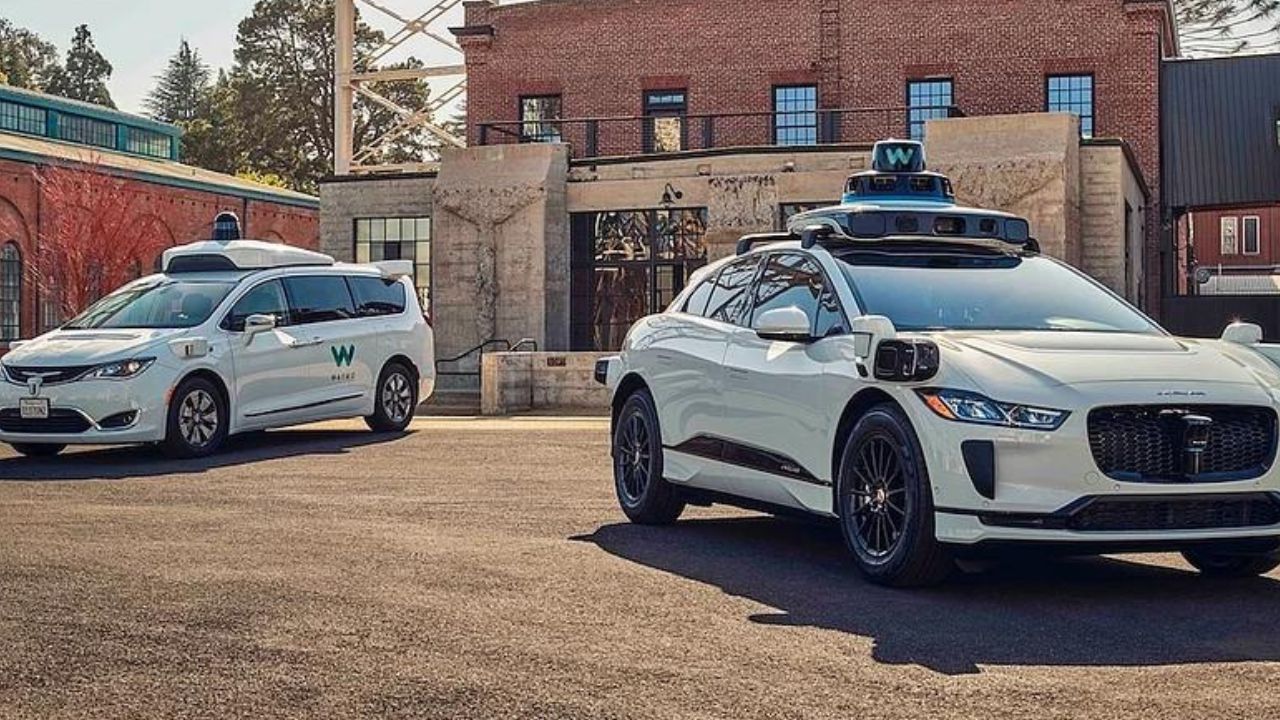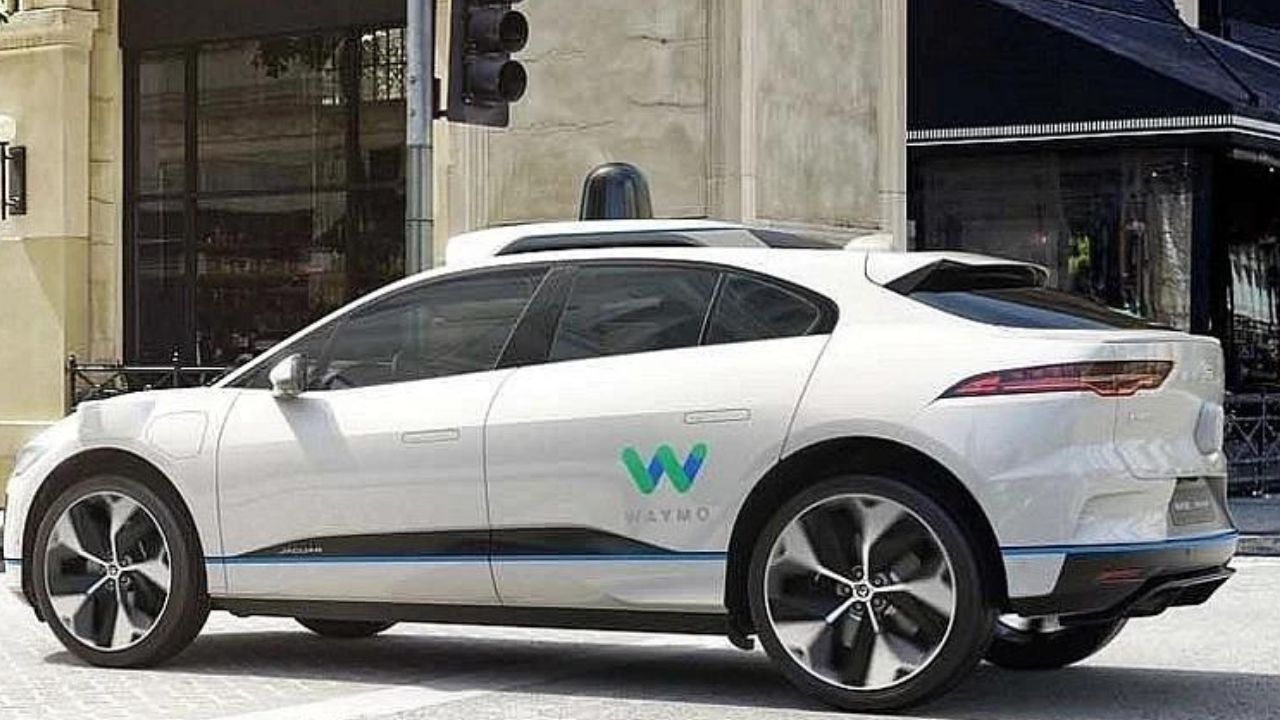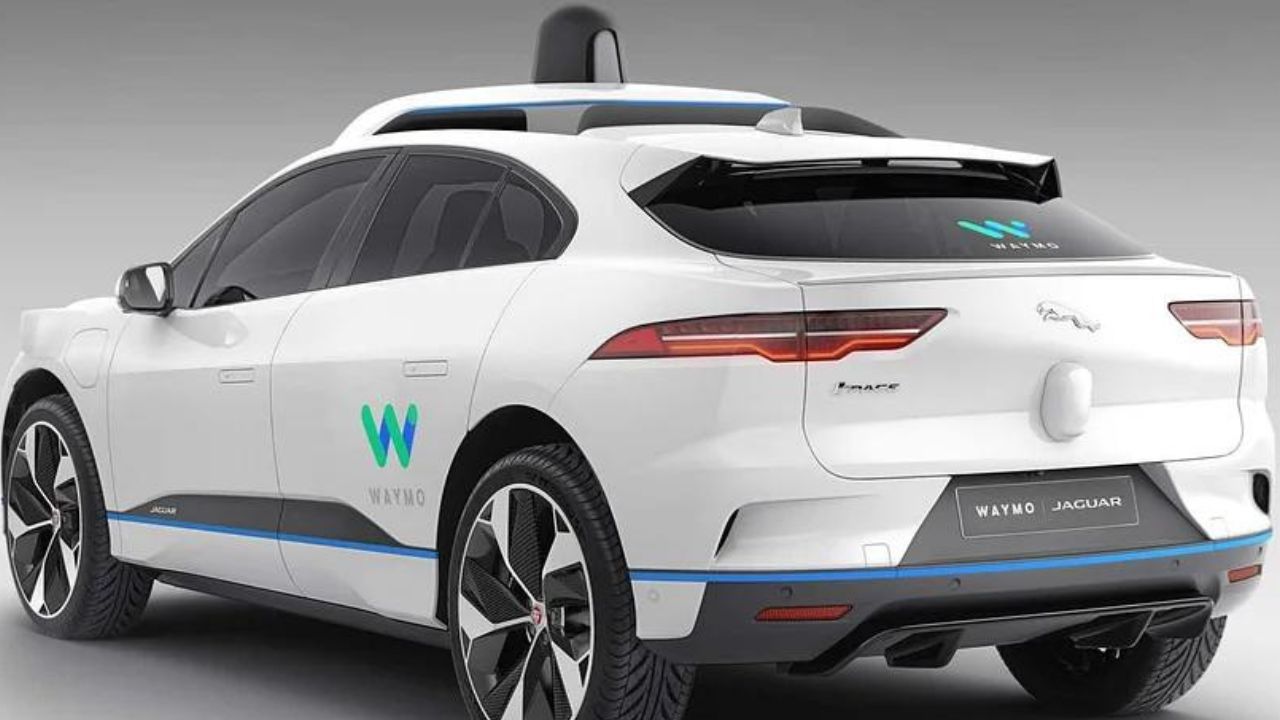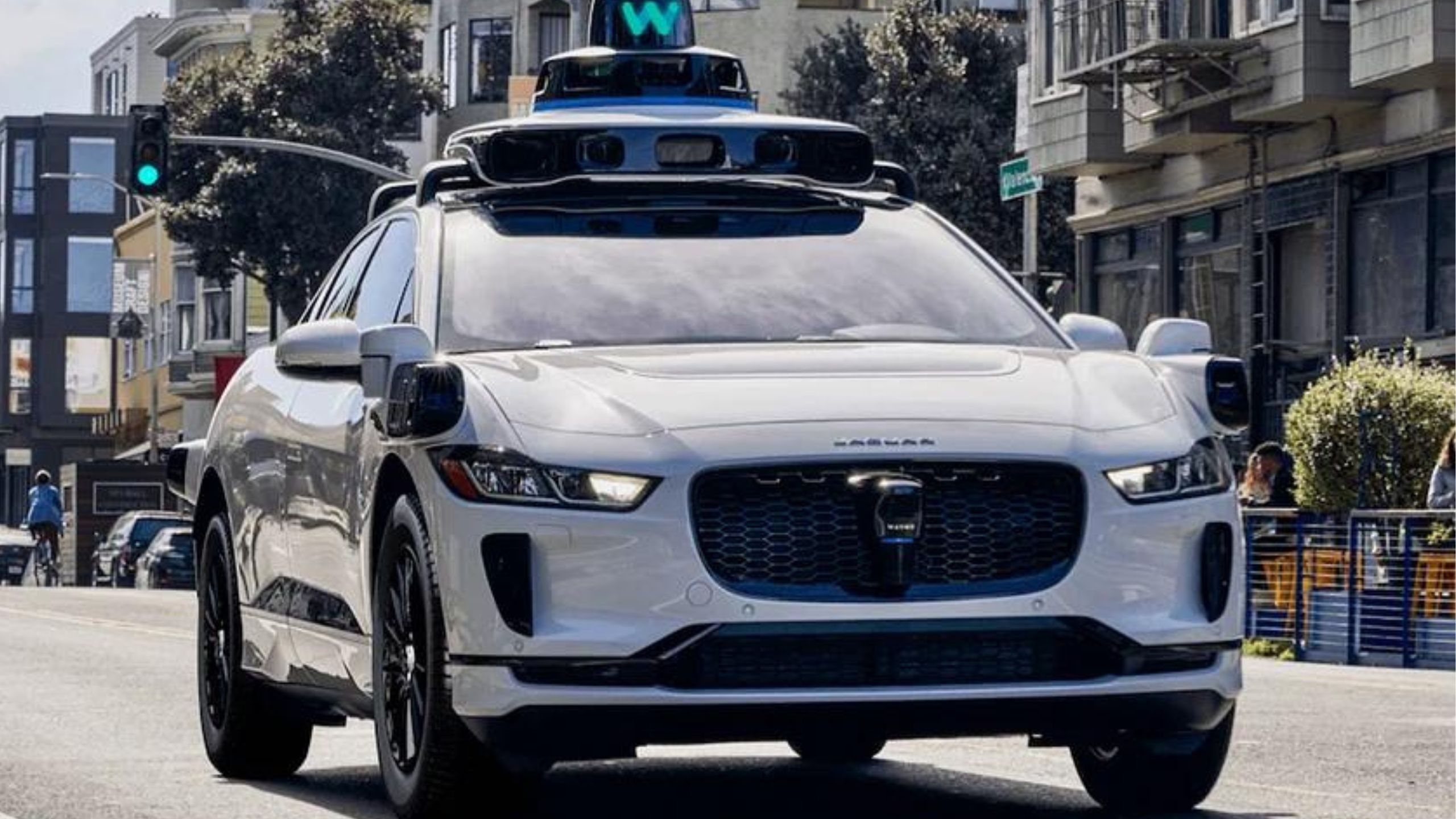Waymo, the autonomous vehicle company under Alphabet’s umbrella, has announced its decision to voluntarily recall software following an unusual accident in December. On December 11, 2023, two Waymo autonomous cars were involved in collisions with the same vehicle just minutes apart.
Chief Safety Officer Mauricio Pena explained that a Waymo vehicle collided with a backward-facing pickup truck being towed ahead of it. The company stated that the tow truck was straddling traffic and center turn lanes.
After the collision, the tow truck driver did not pull over and continued driving. In a peculiar turn of events, a different Waymo car collided with the same improperly towed pickup truck. Neither vehicle had passengers during the incidents, and both sustained minimal damage.

Waymo investigated and found that the orientation mismatch of the pickup truck and tow truck caused the Waymo cars to inaccurately predict the towed vehicle’s movements. Nine days after the incidents, Waymo deployed a software update to its entire fleet to address the issue.
Despite the prompt response and responsible action, the company decided to initiate a voluntary recall of the software. Waymo has been in contact with the NHTSA since the accidents occurred.
The company stated, “Based on our analysis and consultations with NHTSA, we concluded that it would be appropriate to submit a voluntary recall report of the software present on our fleet at the time of the two collisions.”
While a typical recall notifies vehicle owners of a potential defect and necessary repair, Waymo’s voluntary recall informs the public about the software update rolled out across the fleet. Notably, Waymo reported both crashes to law enforcement.

Although Waymo’s transparent approach is commendable, concerns arise regarding whether incidents like this will hinder the self-driving car revolution. While the technology is impressive, public roads pose challenges such as unpredictable accidents, distracted drivers, and unusual behavior.
Waymo assures that the update should prevent bizarre accidents like the ones mentioned above. However, these incidents raise doubts about the readiness of autonomous vehicles for public roads.
Despite Waymo’s relatively better track record compared to rivals like Cruise, recent incidents, such as a collision with a cyclist, have shaken public confidence.
Instances of self-driving cars causing traffic jams, colliding with emergency vehicles and being involved in severe accidents further fuel skepticism. Internal reports, such as those leaked from Cruise, revealing issues like the inability to detect small children and large holes in the roadway, add to the concerns.

In response to safety incidents, the city of San Francisco has taken legal action against California regulators for allowing self-driving trials in the city. The lawsuit cites numerous safety incidents and hazards involving self-driving cars identified by city officials and citizens.
Public sentiment towards self-driving cars appears to be souring, exemplified by the recent vandalism and arson of one of Waymo’s Jaguar I-Pace robotaxis by an angry mob.
Although Waymo has followed proper procedures by notifying authorities and the public, these incidents may raise doubts among officials and the public, casting doubt on the future of autonomous vehicles overall.

